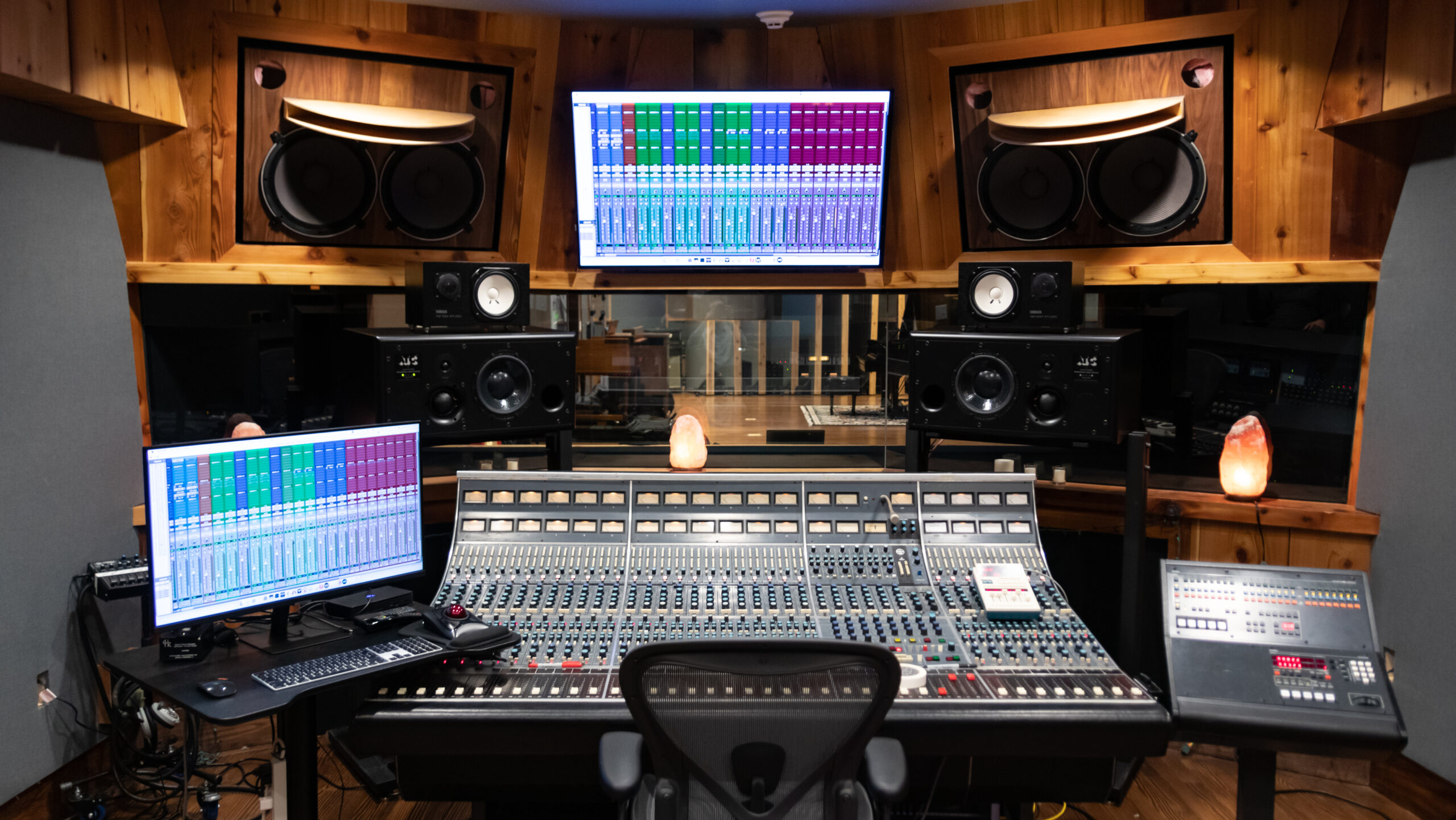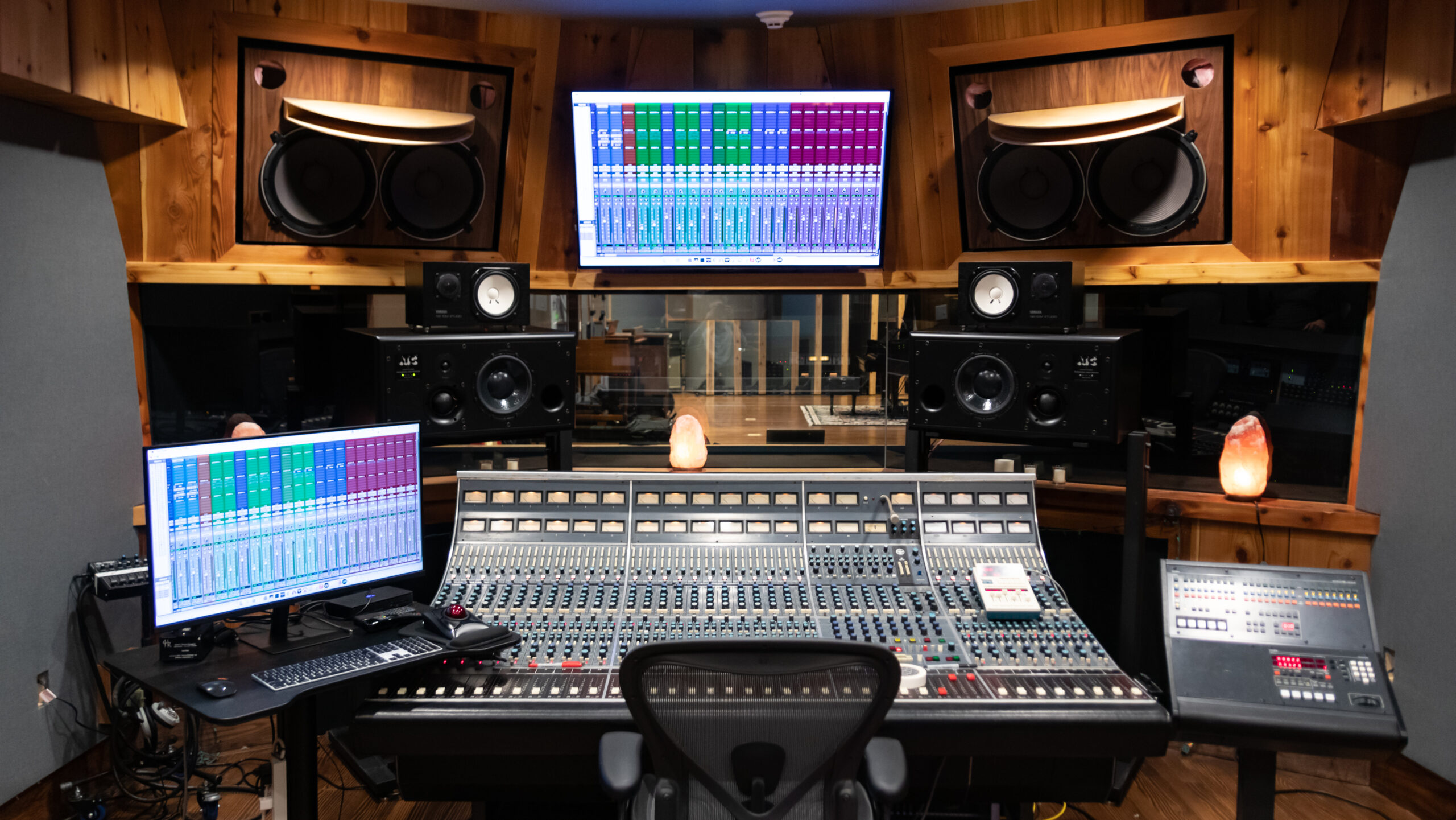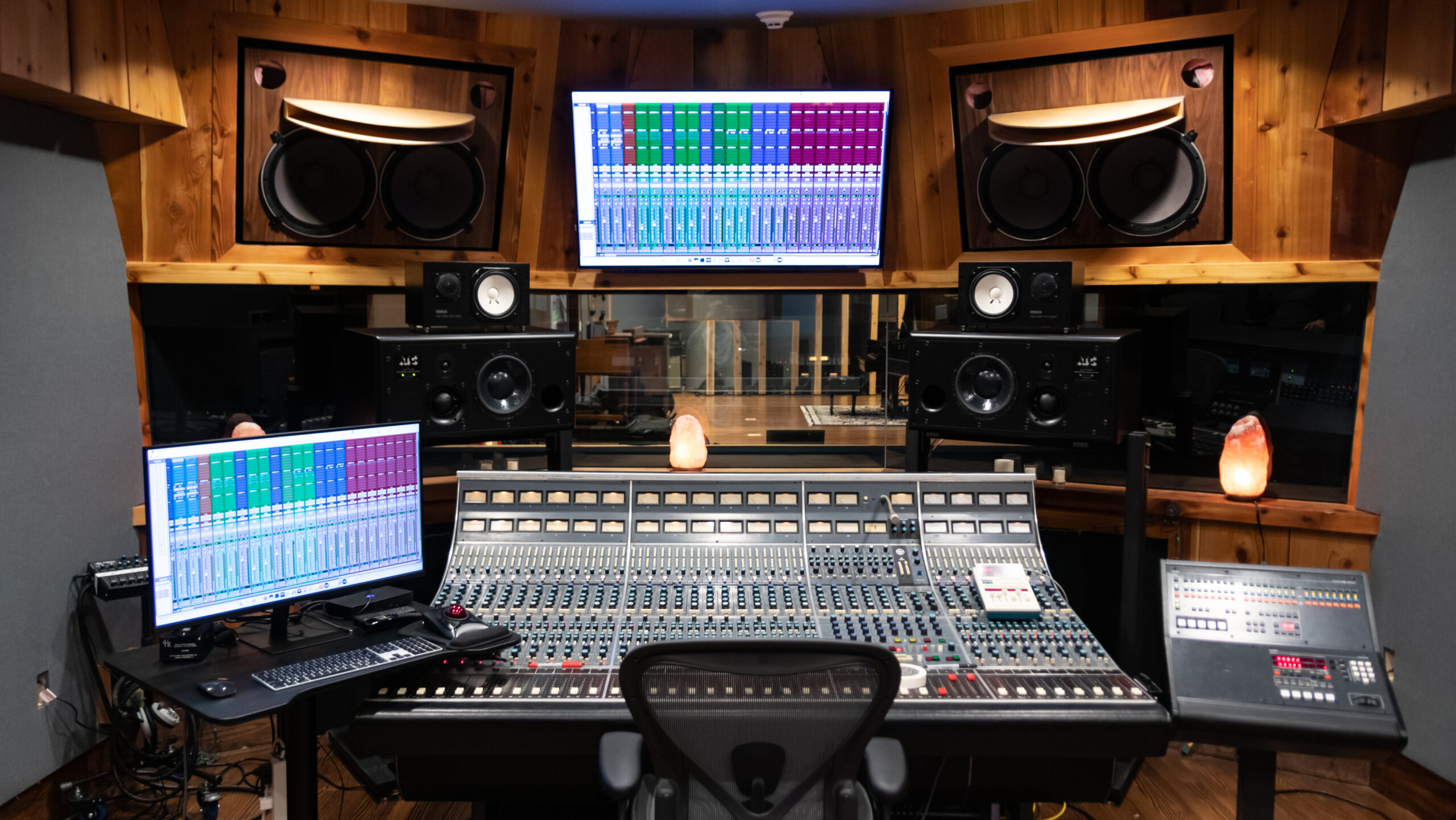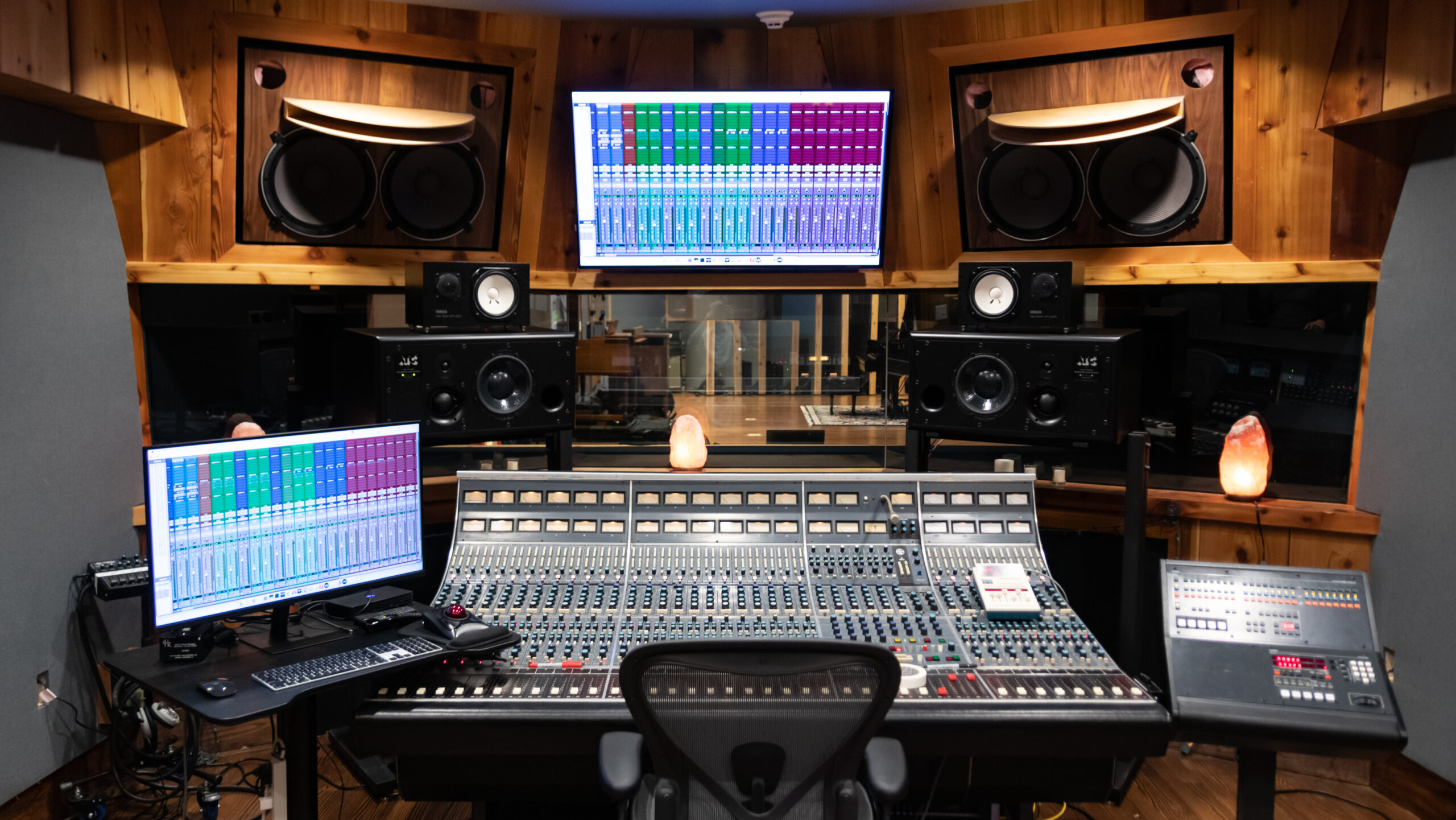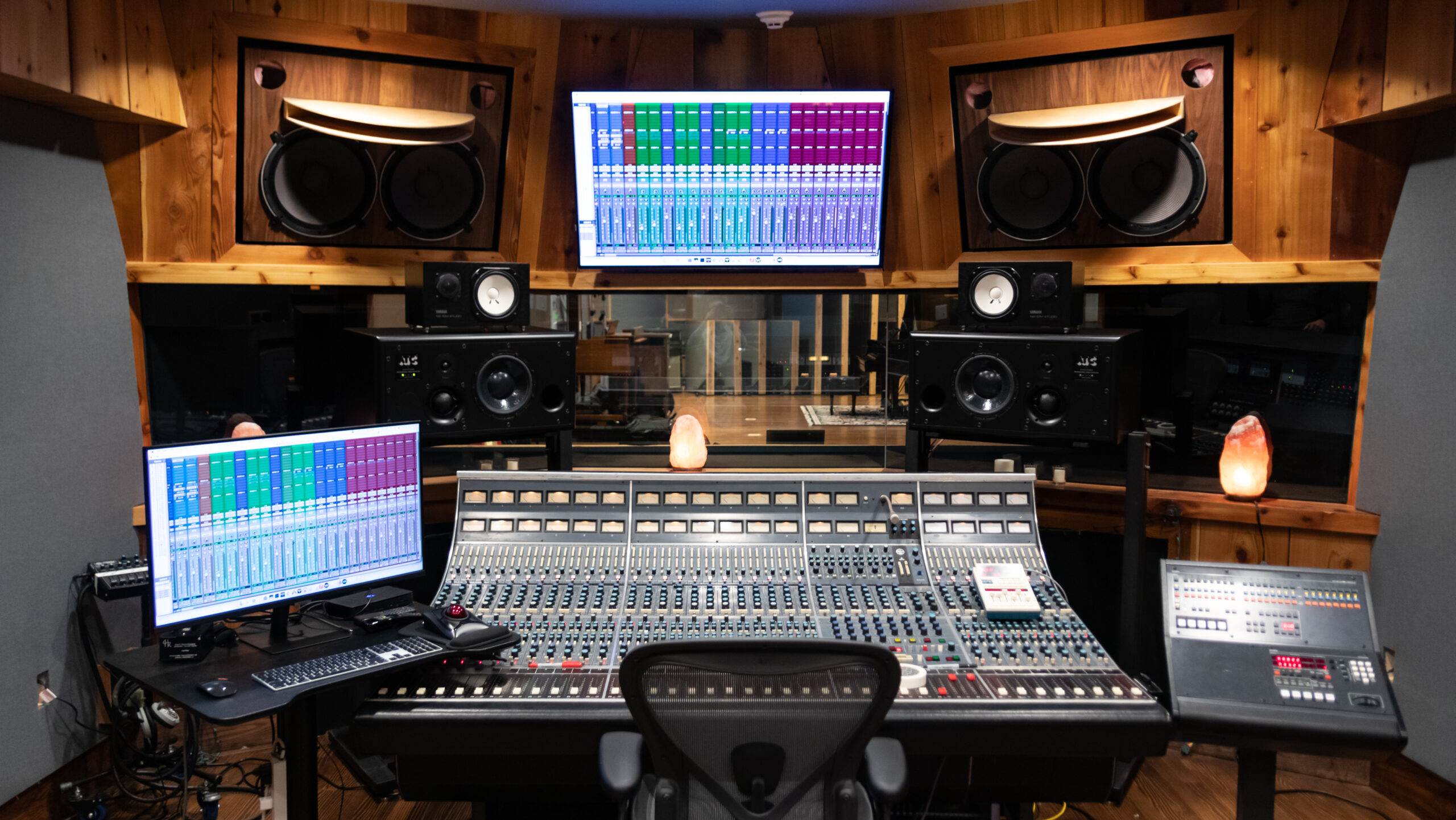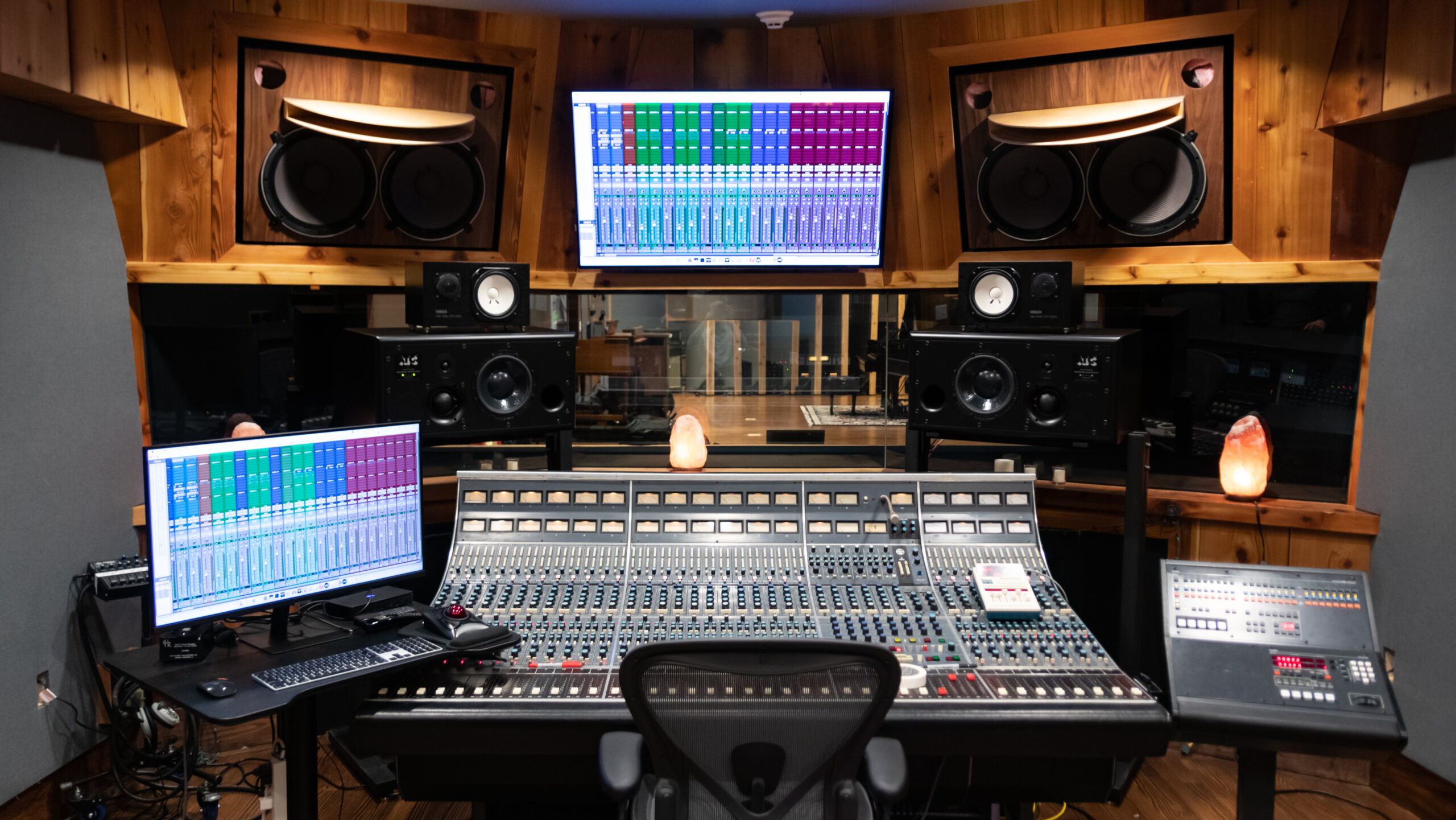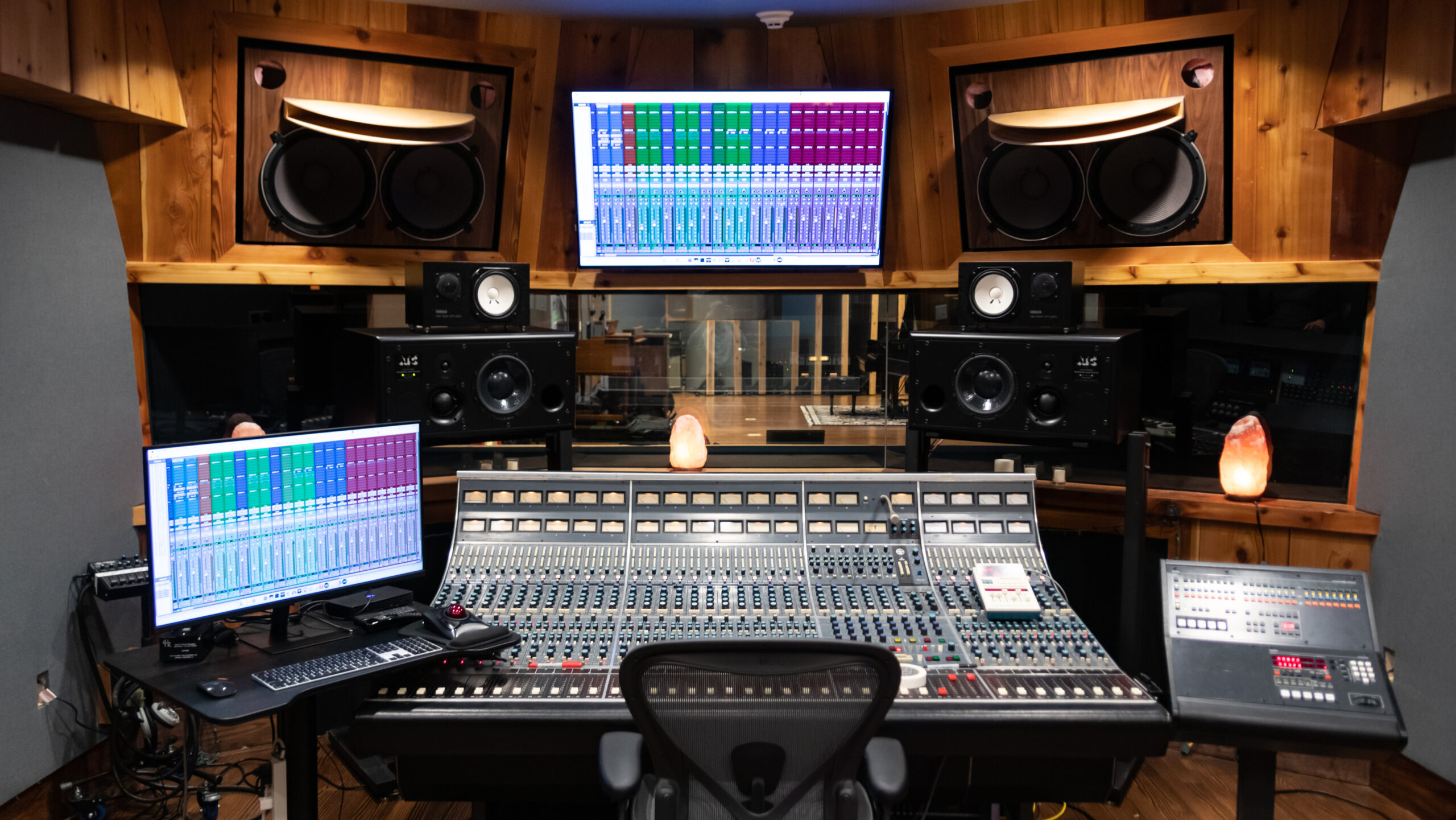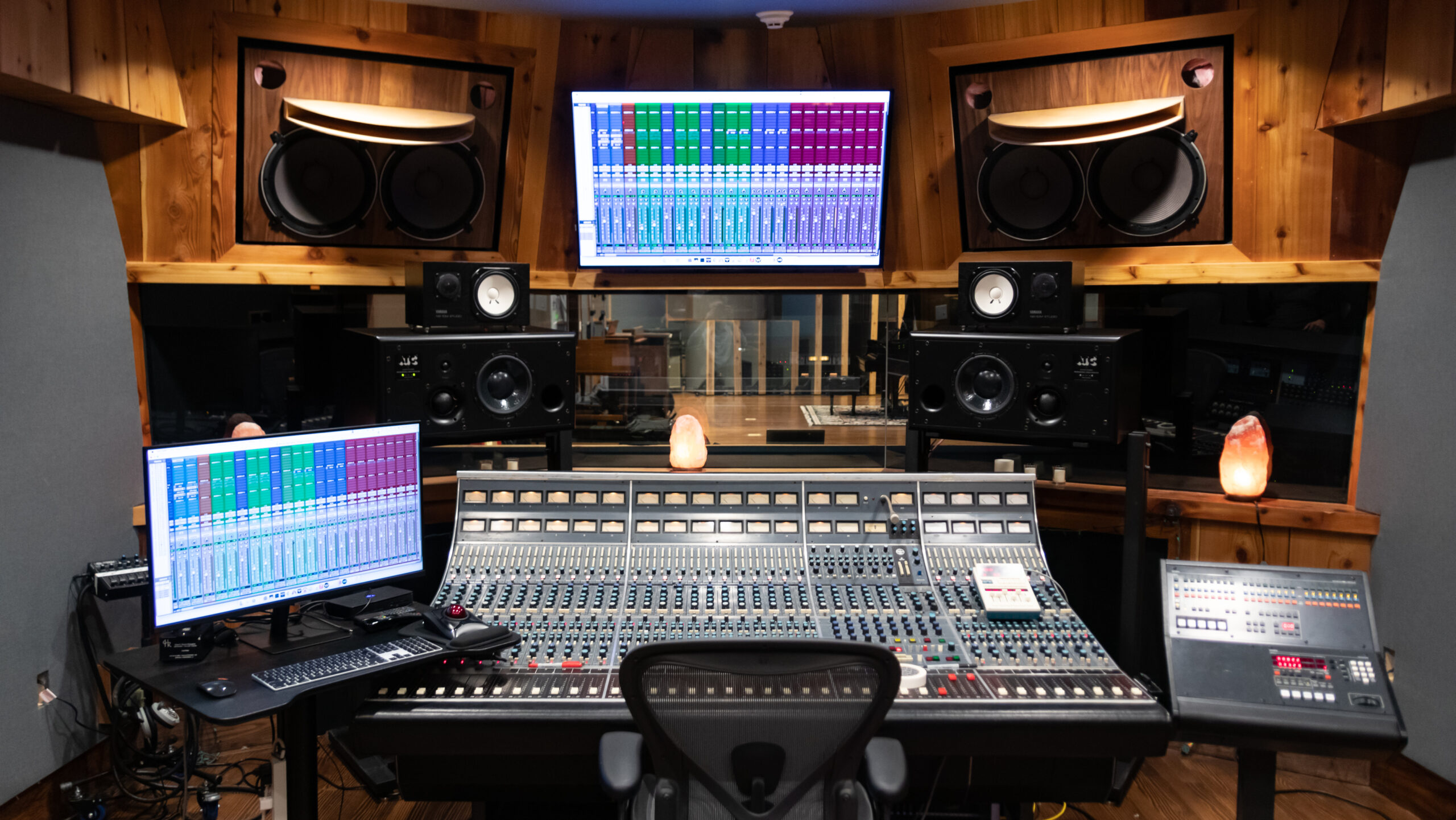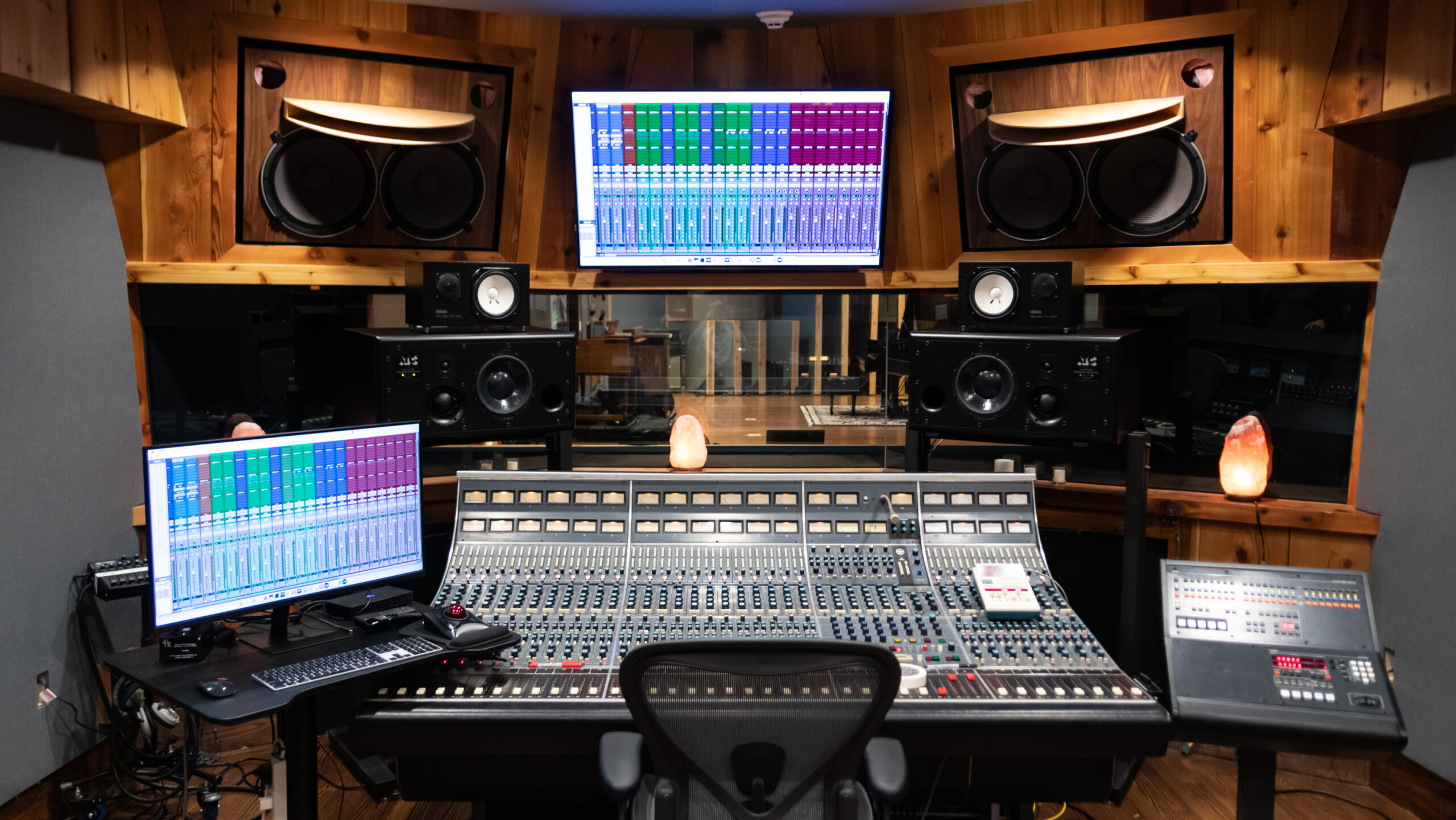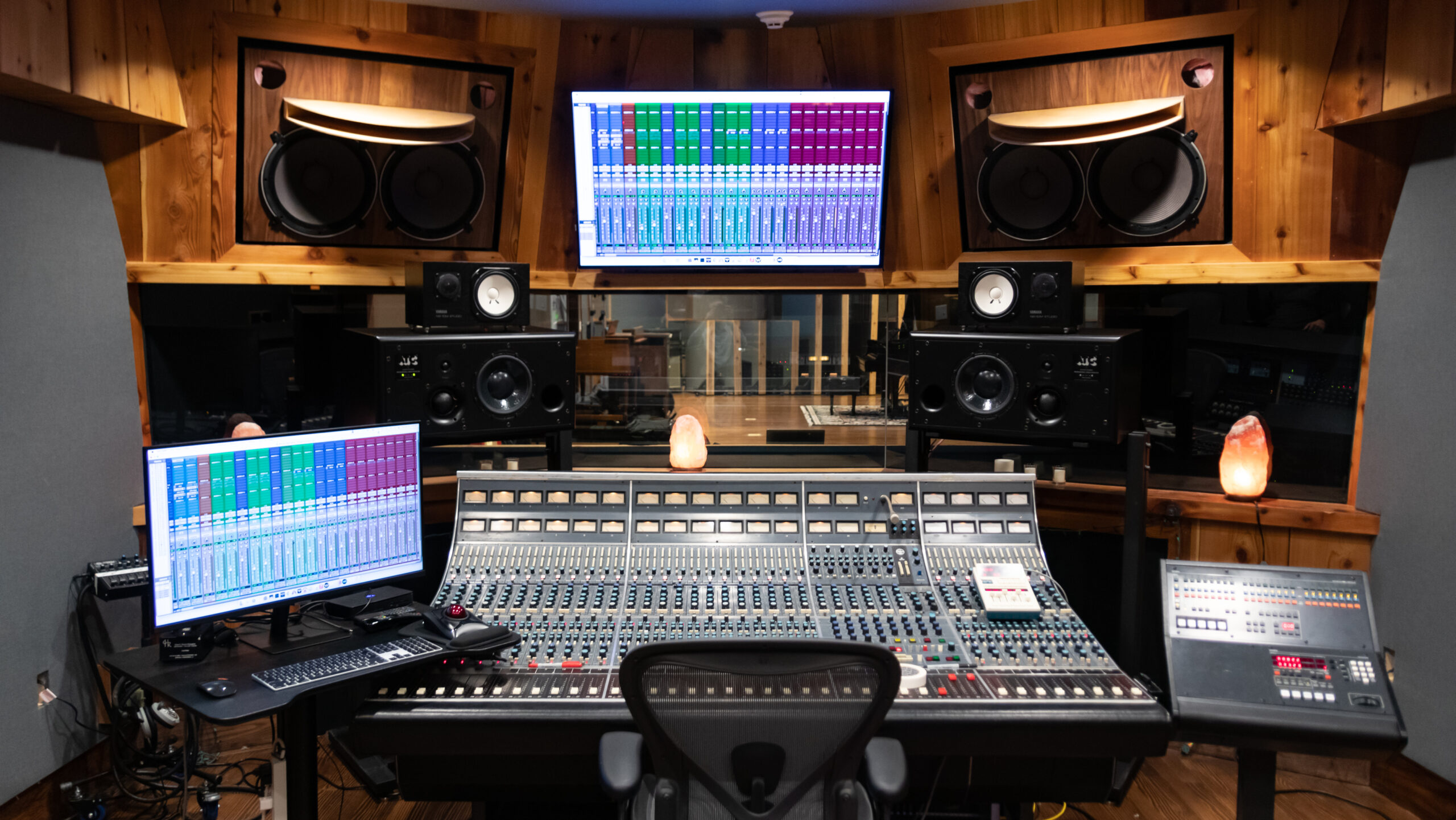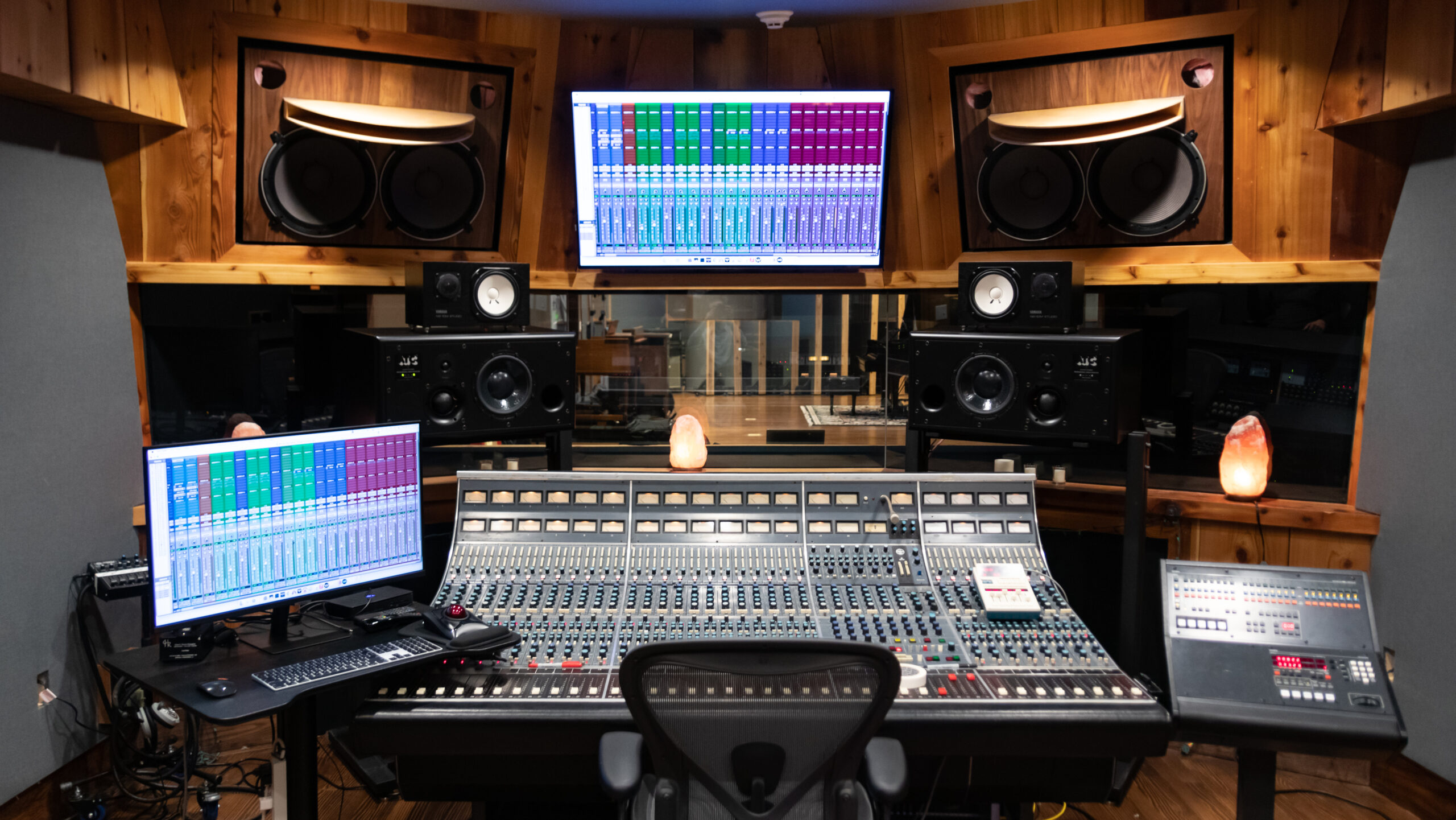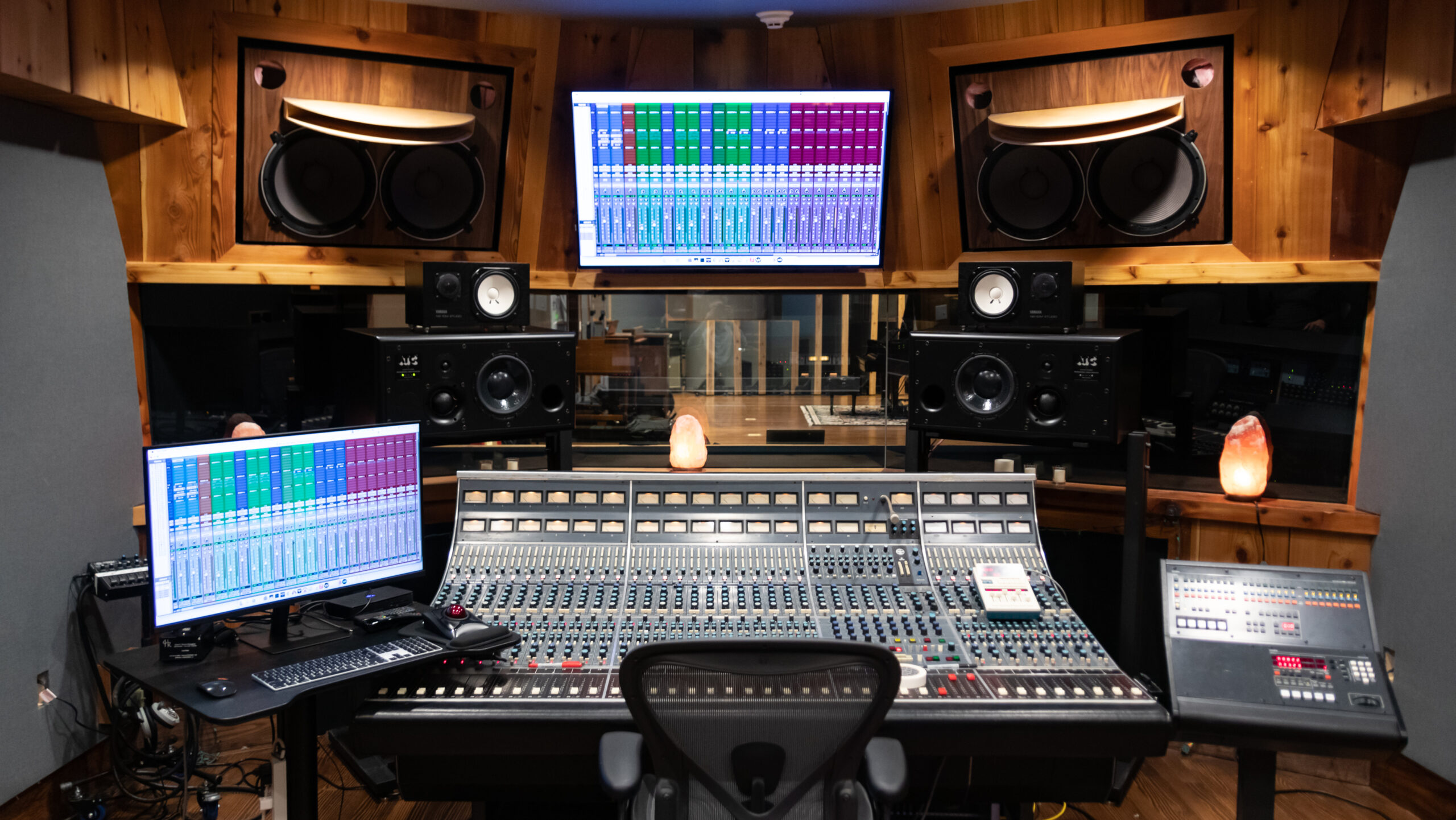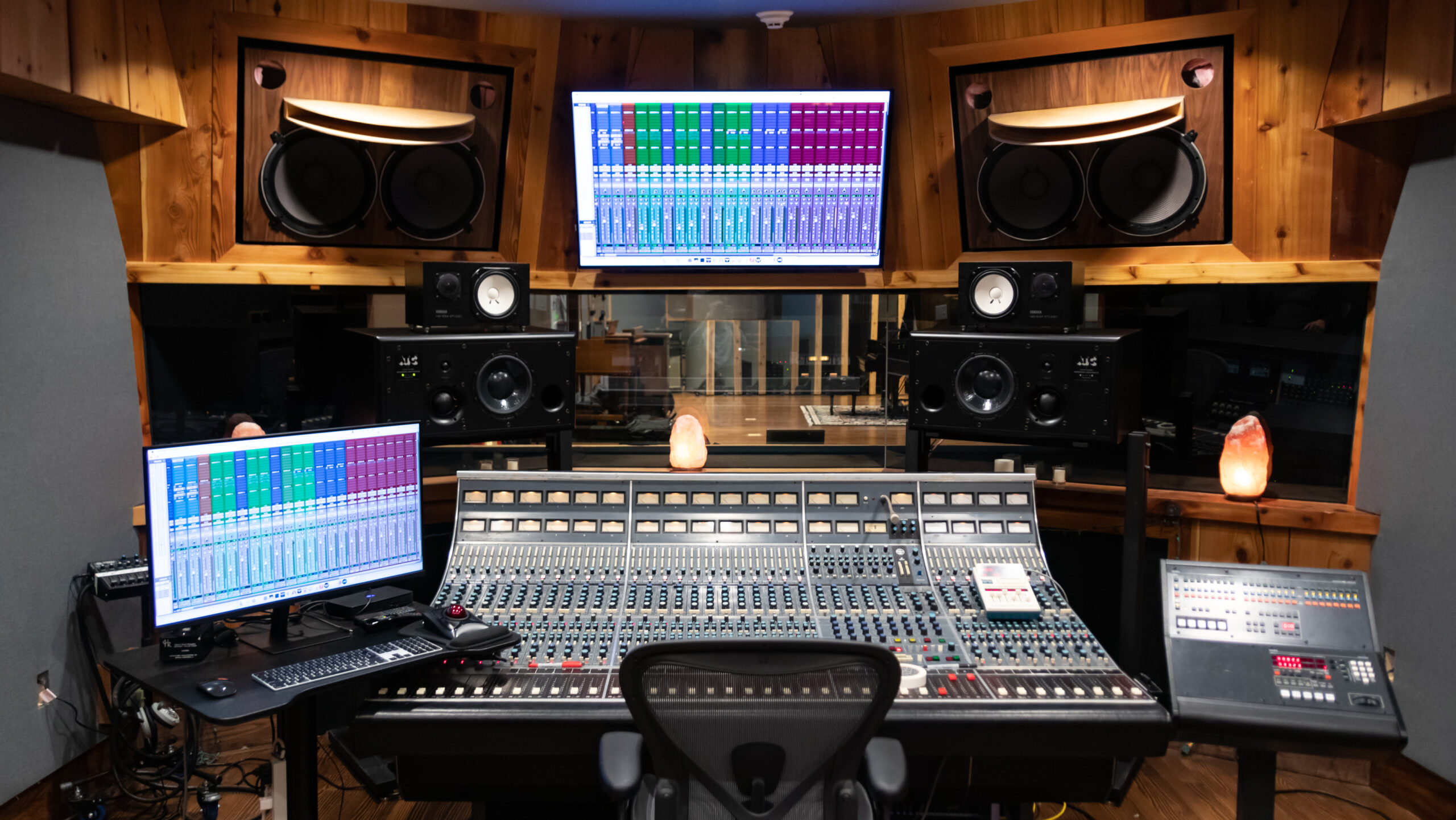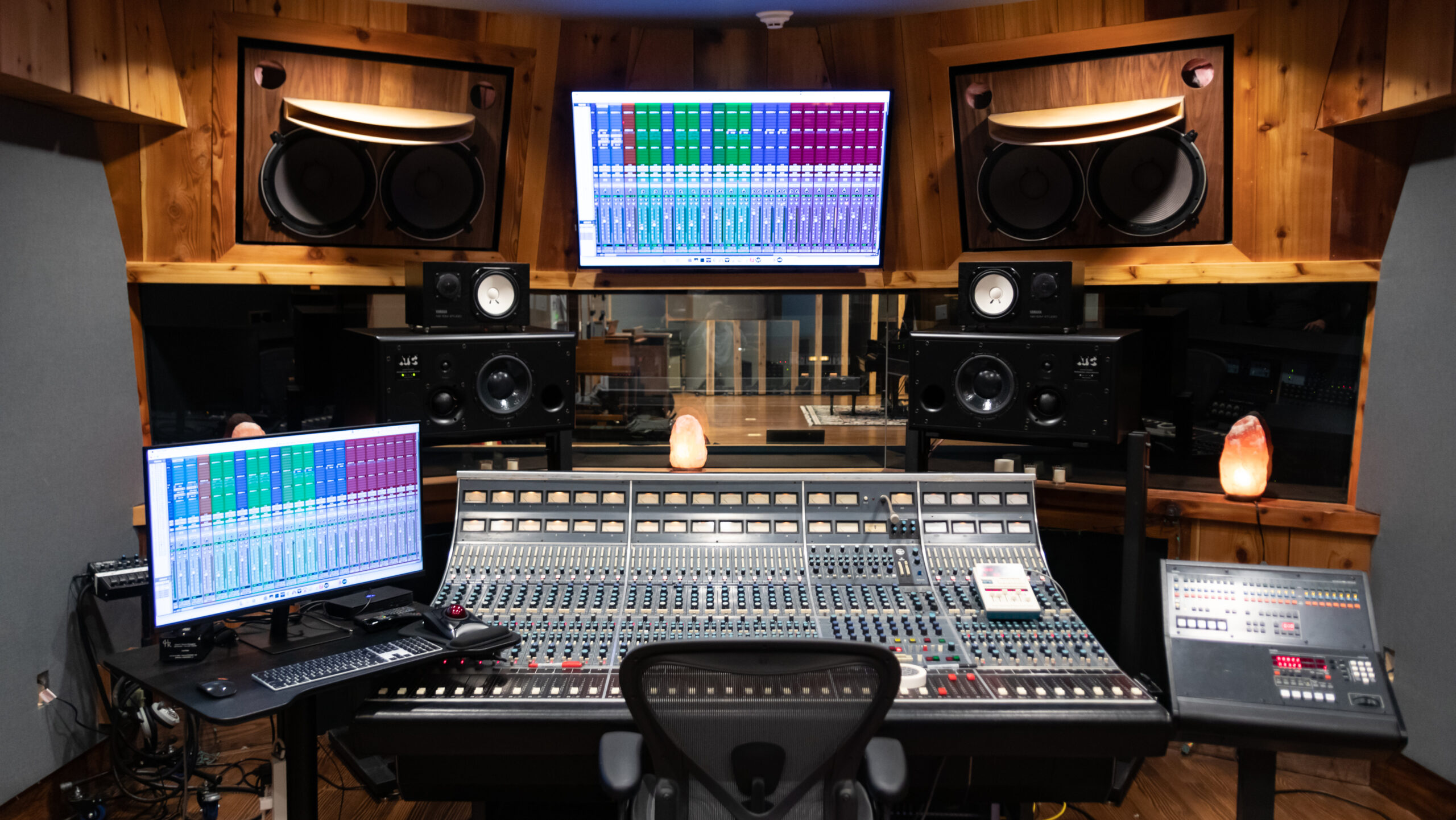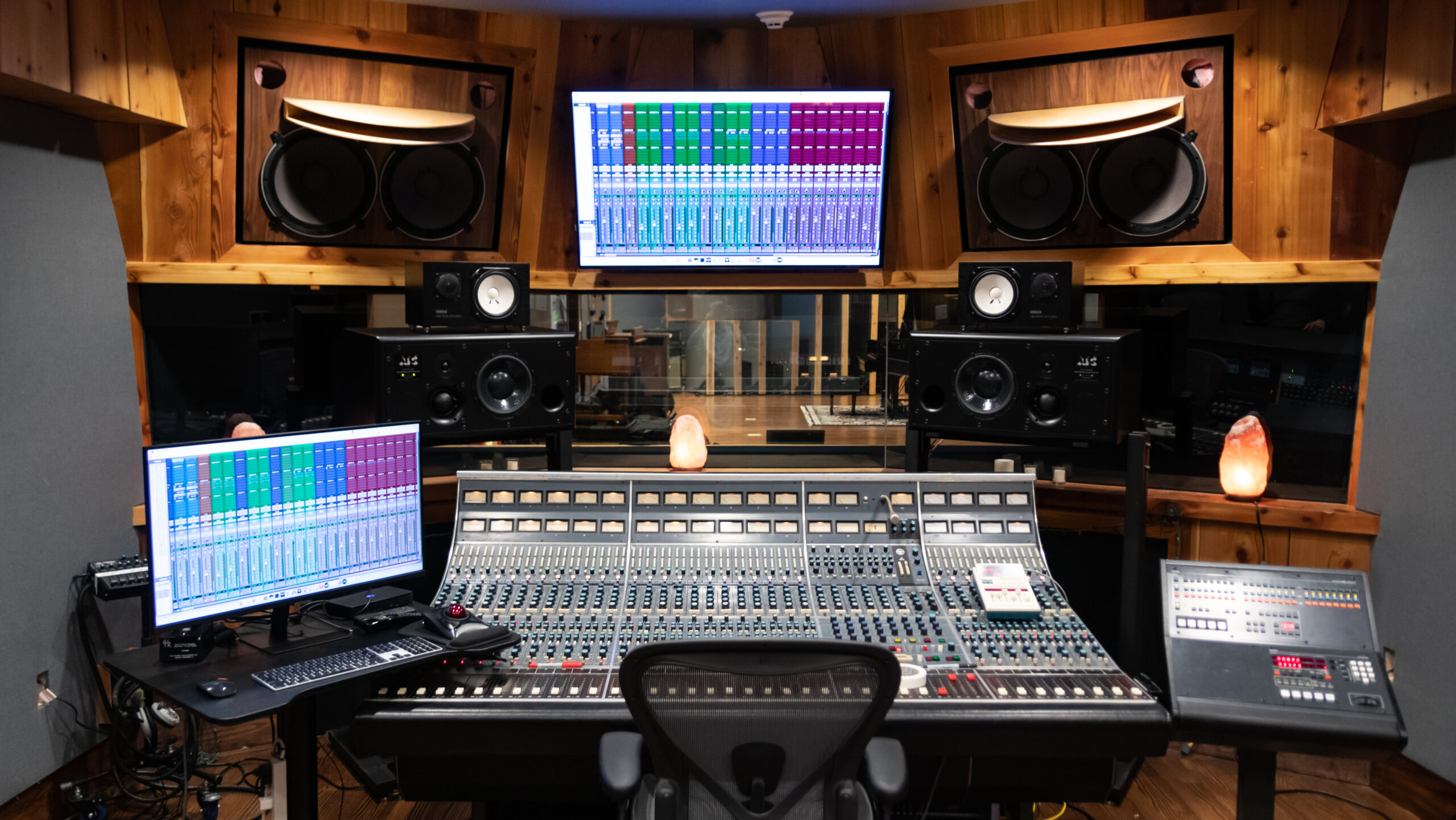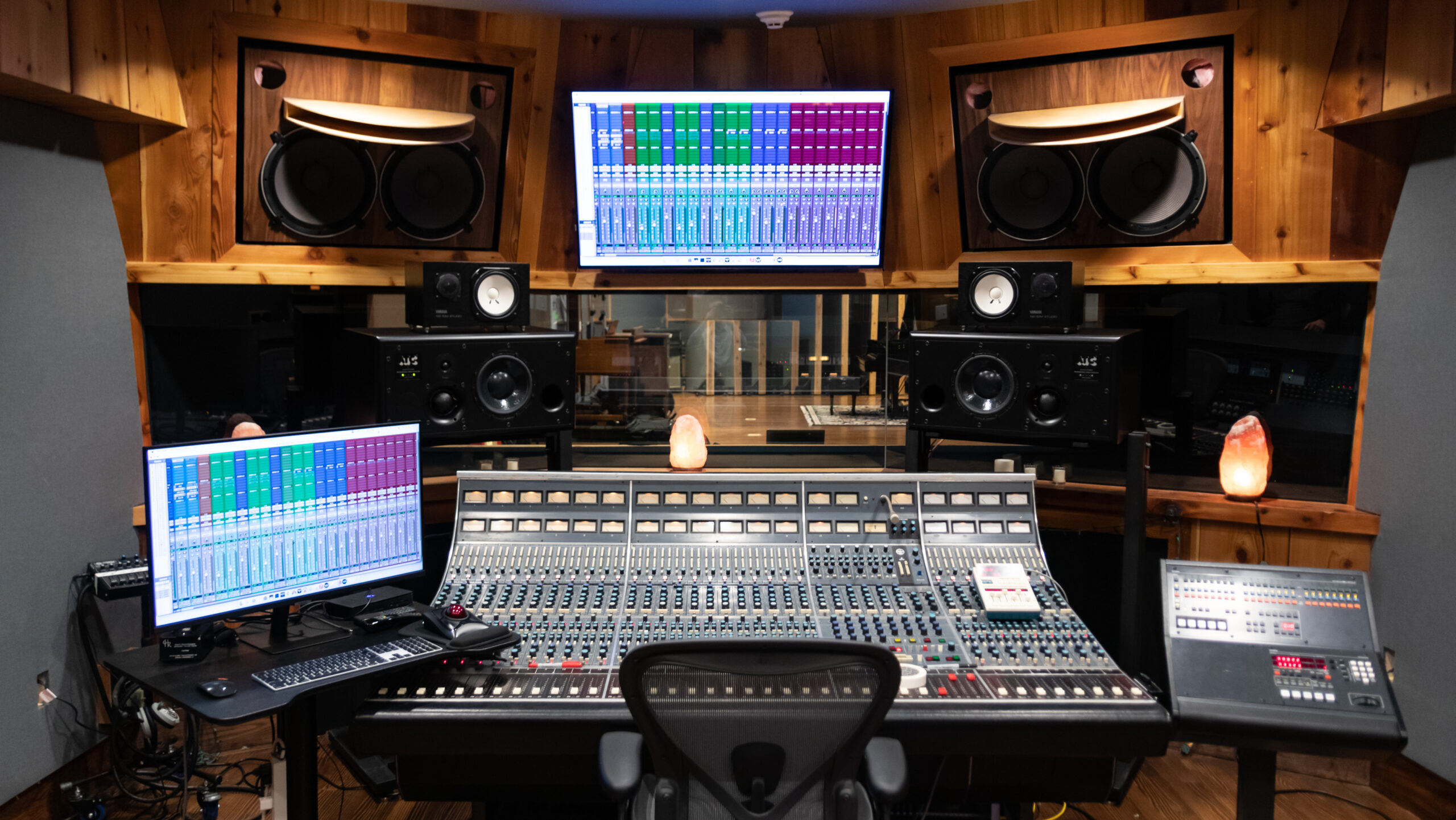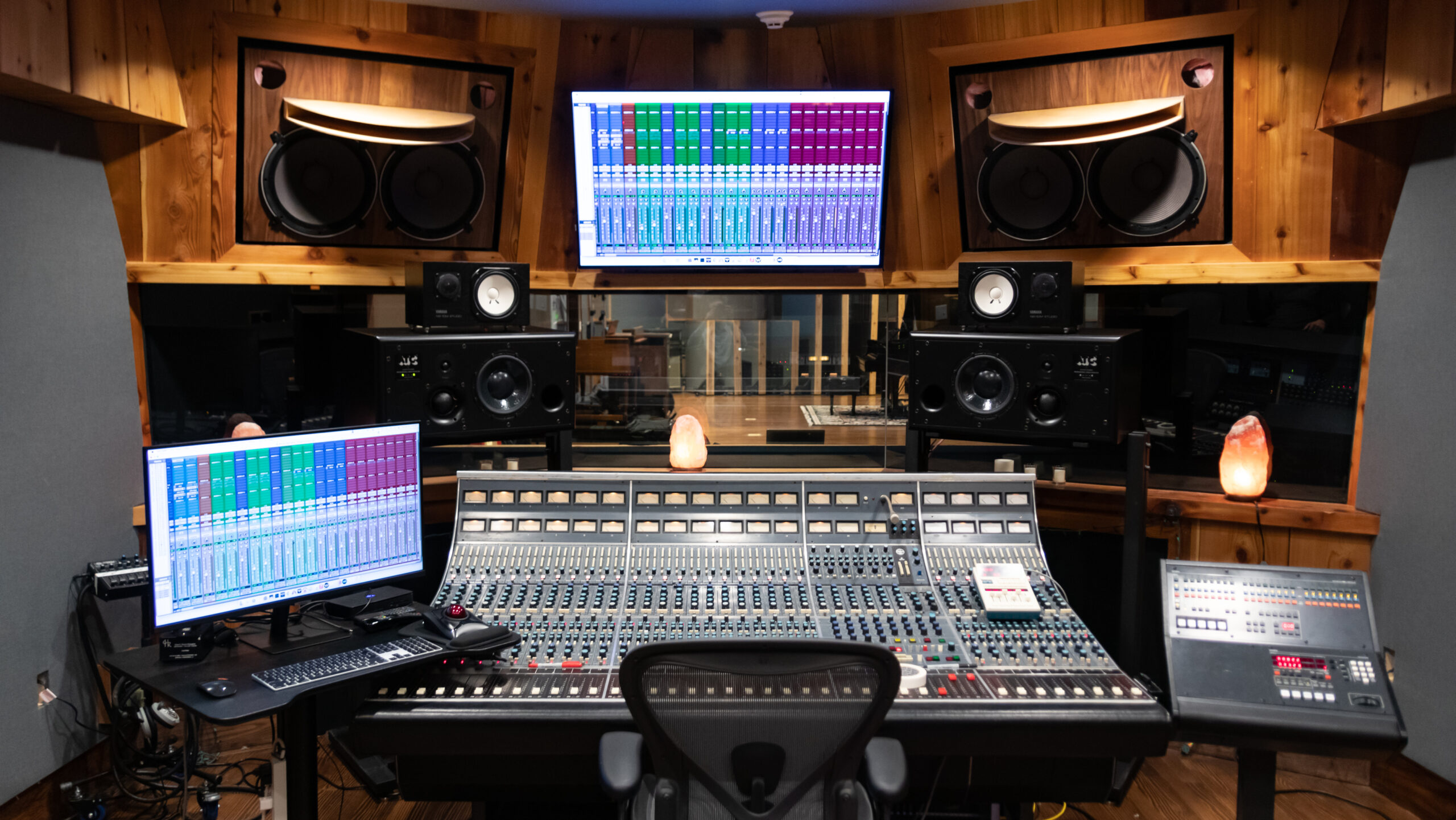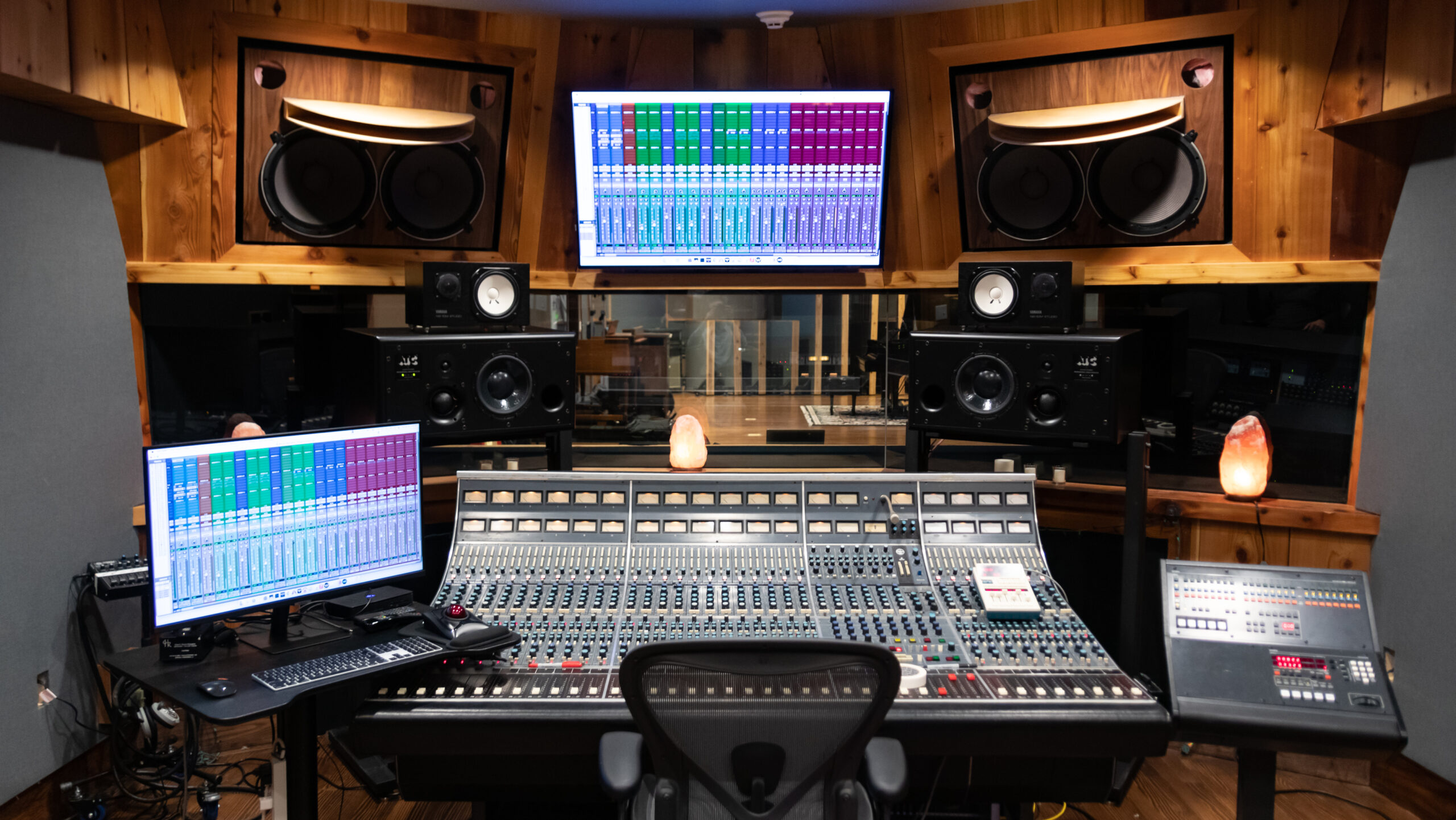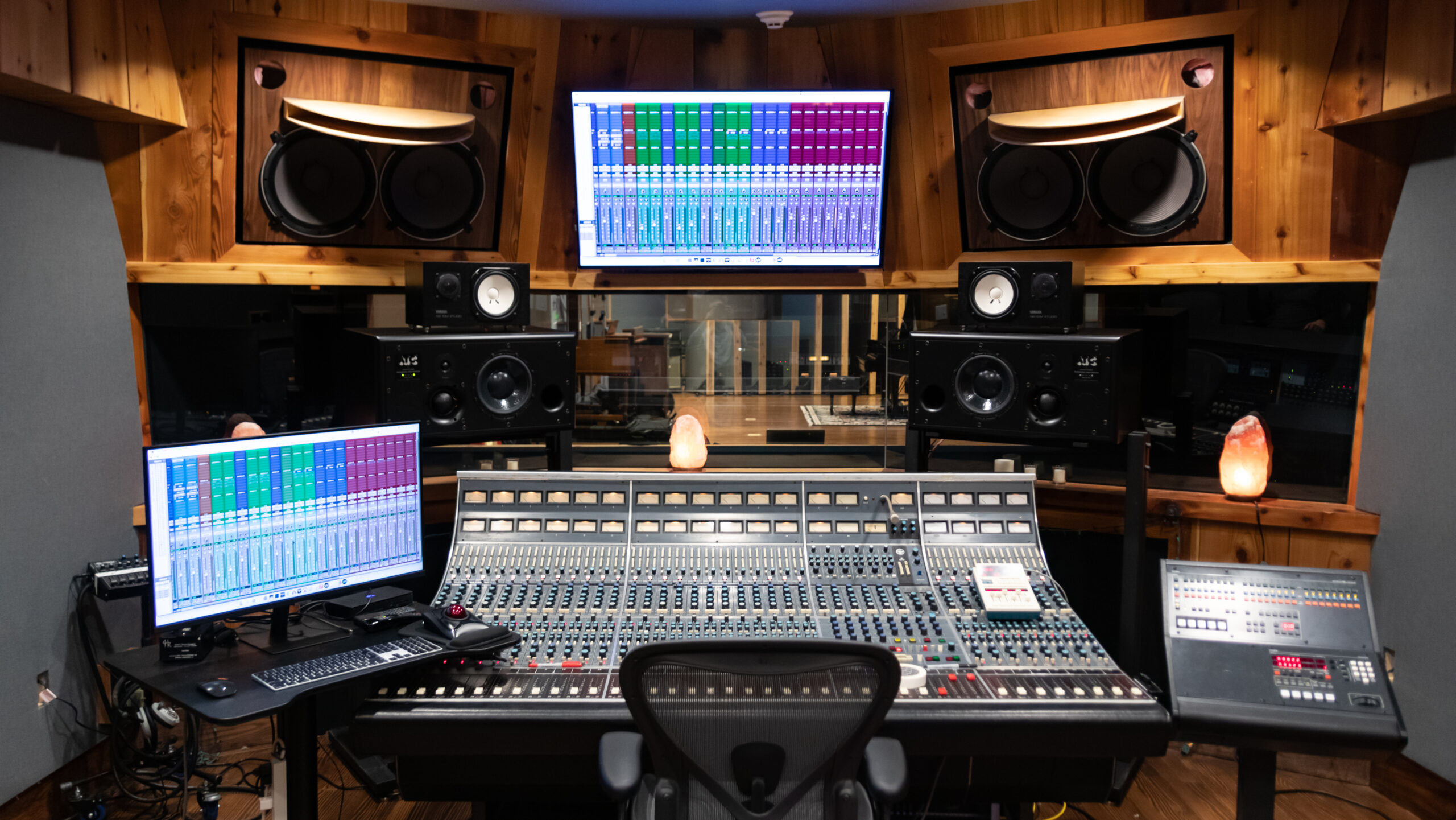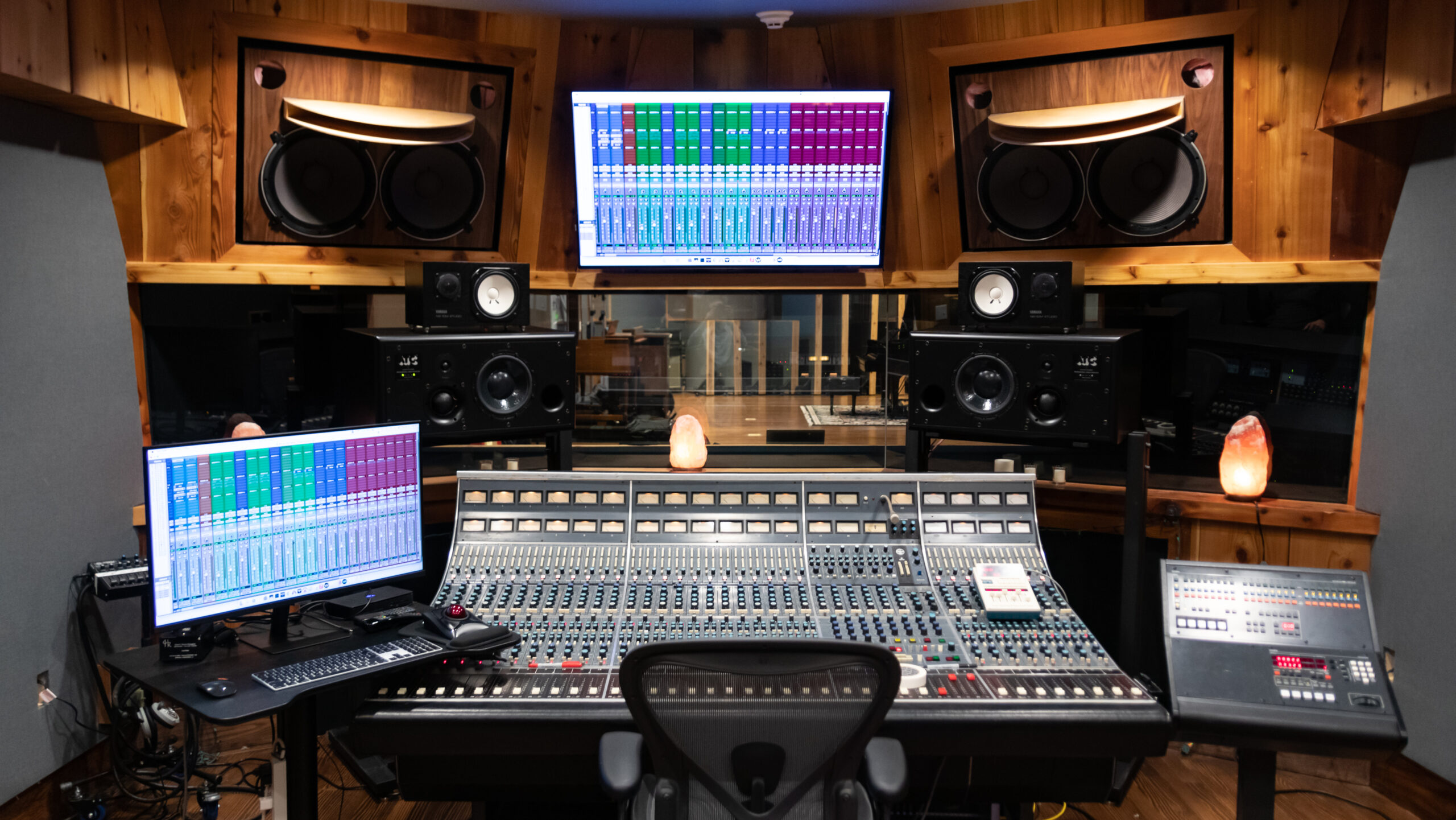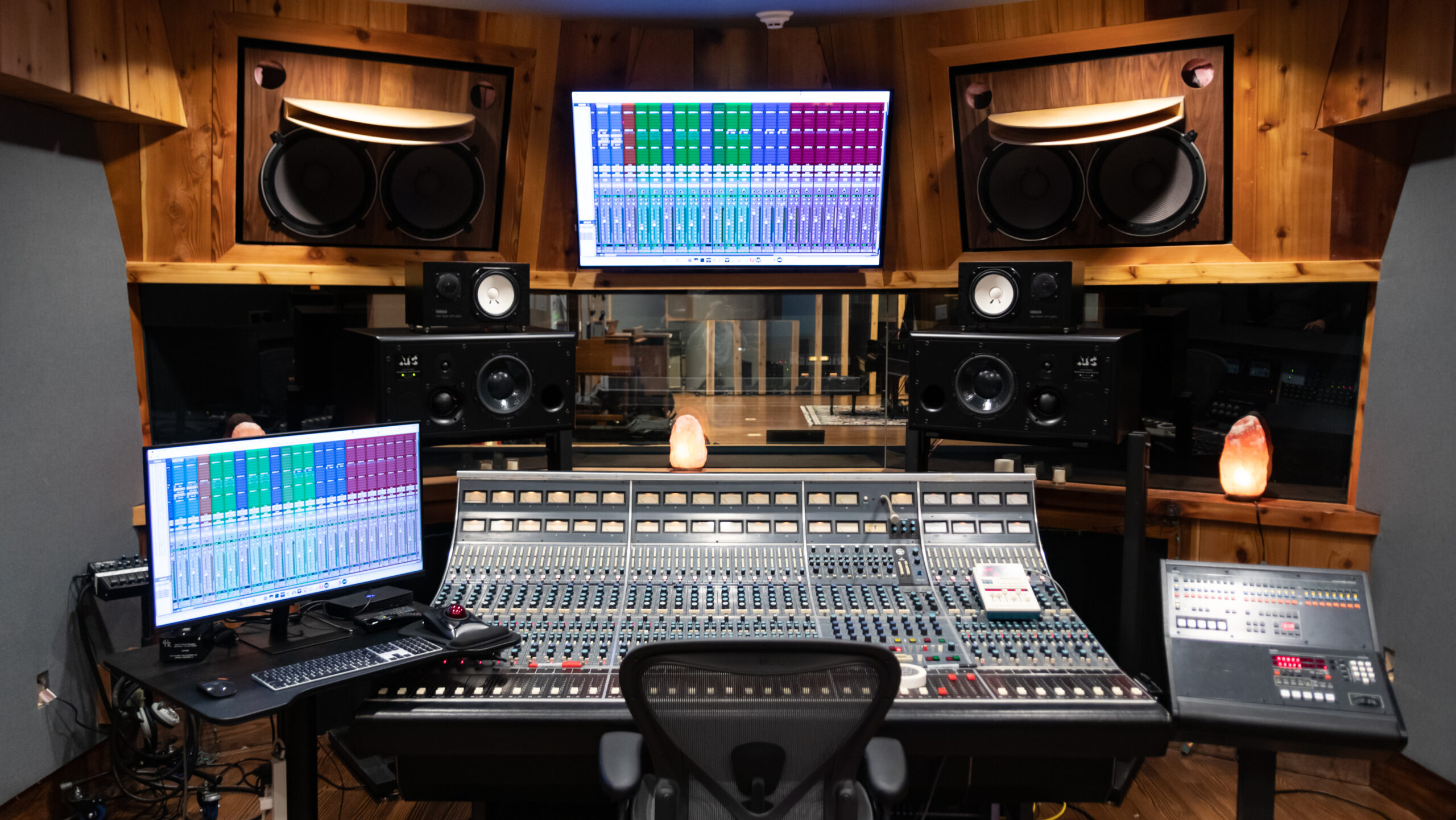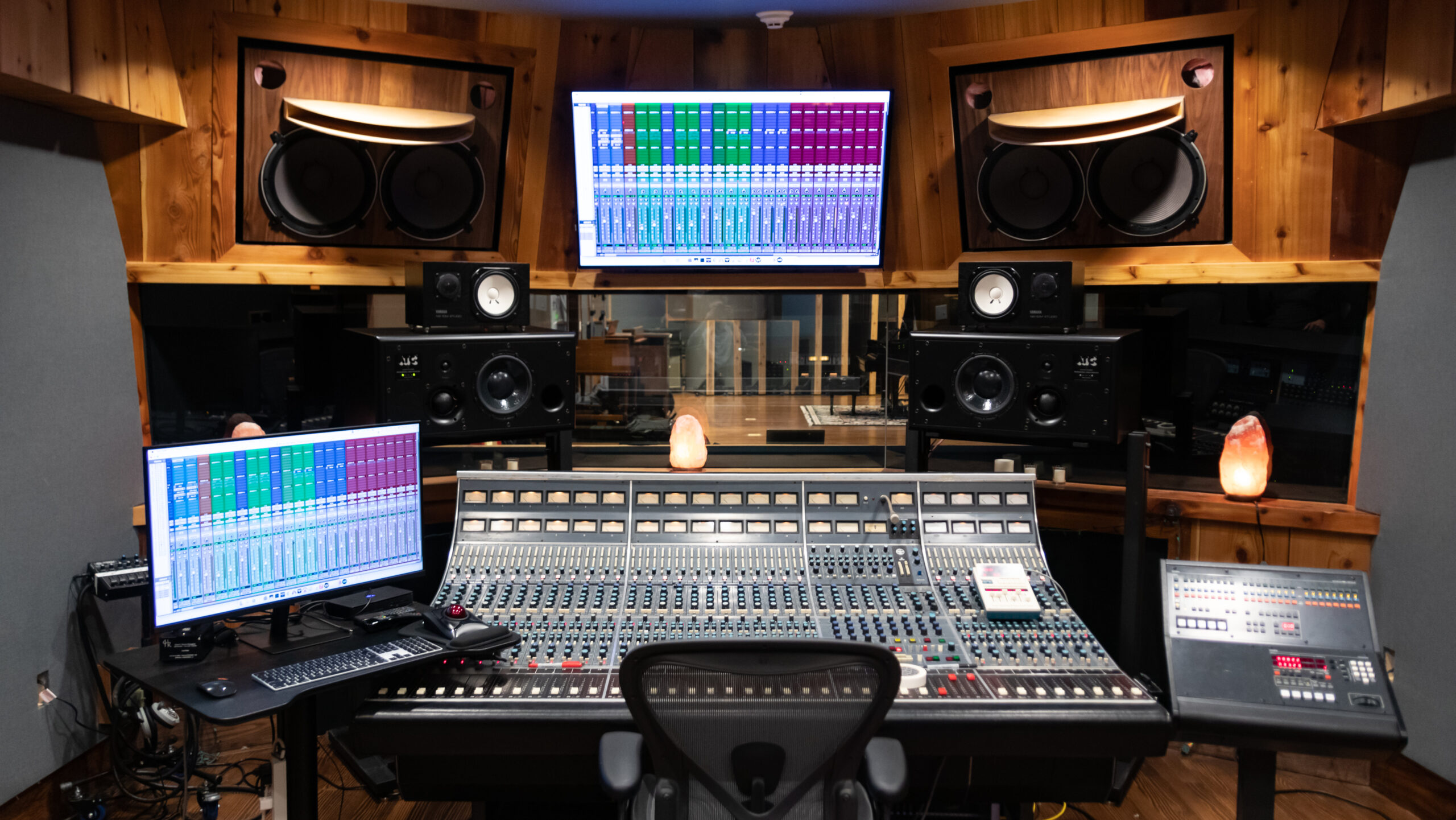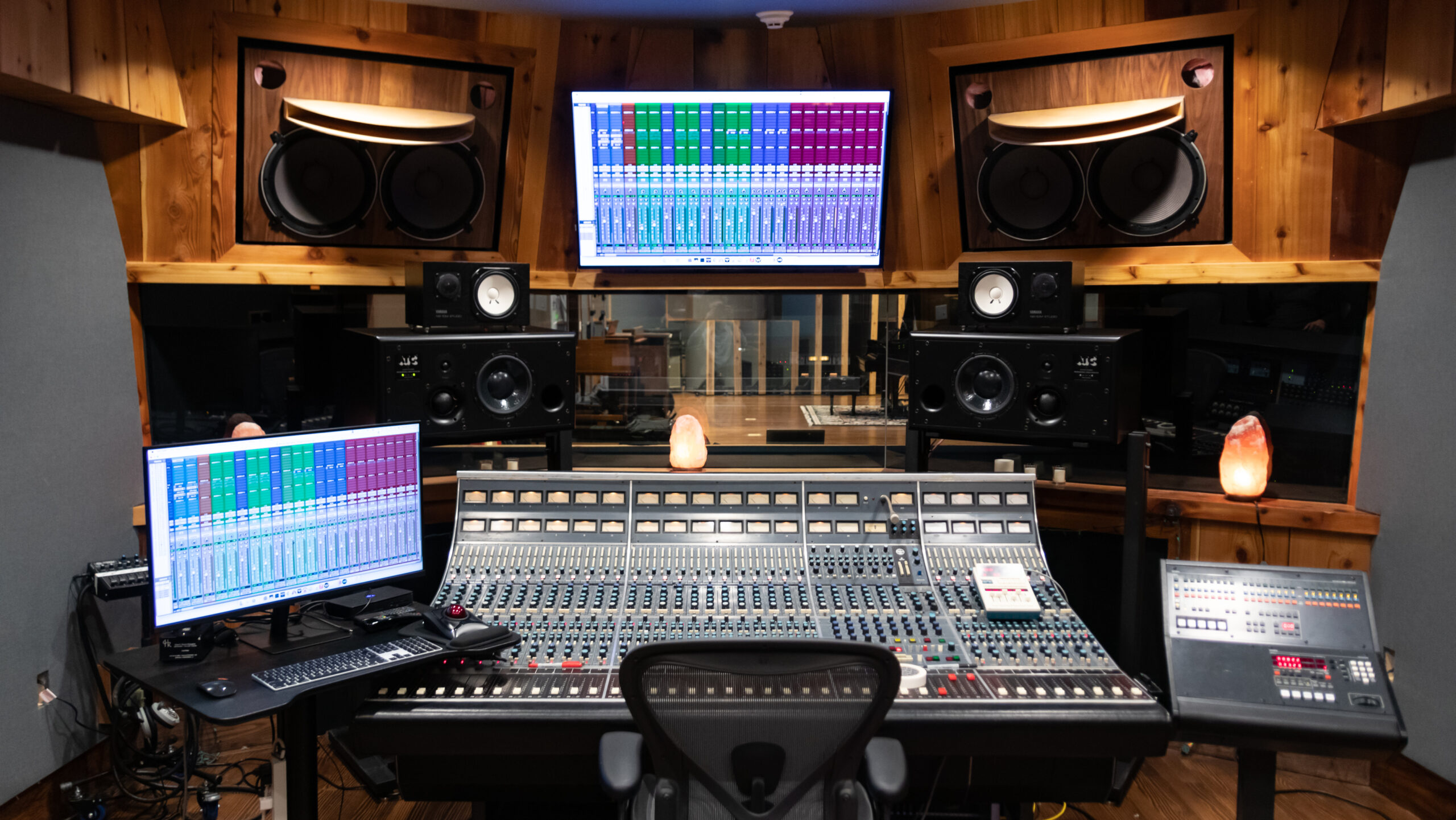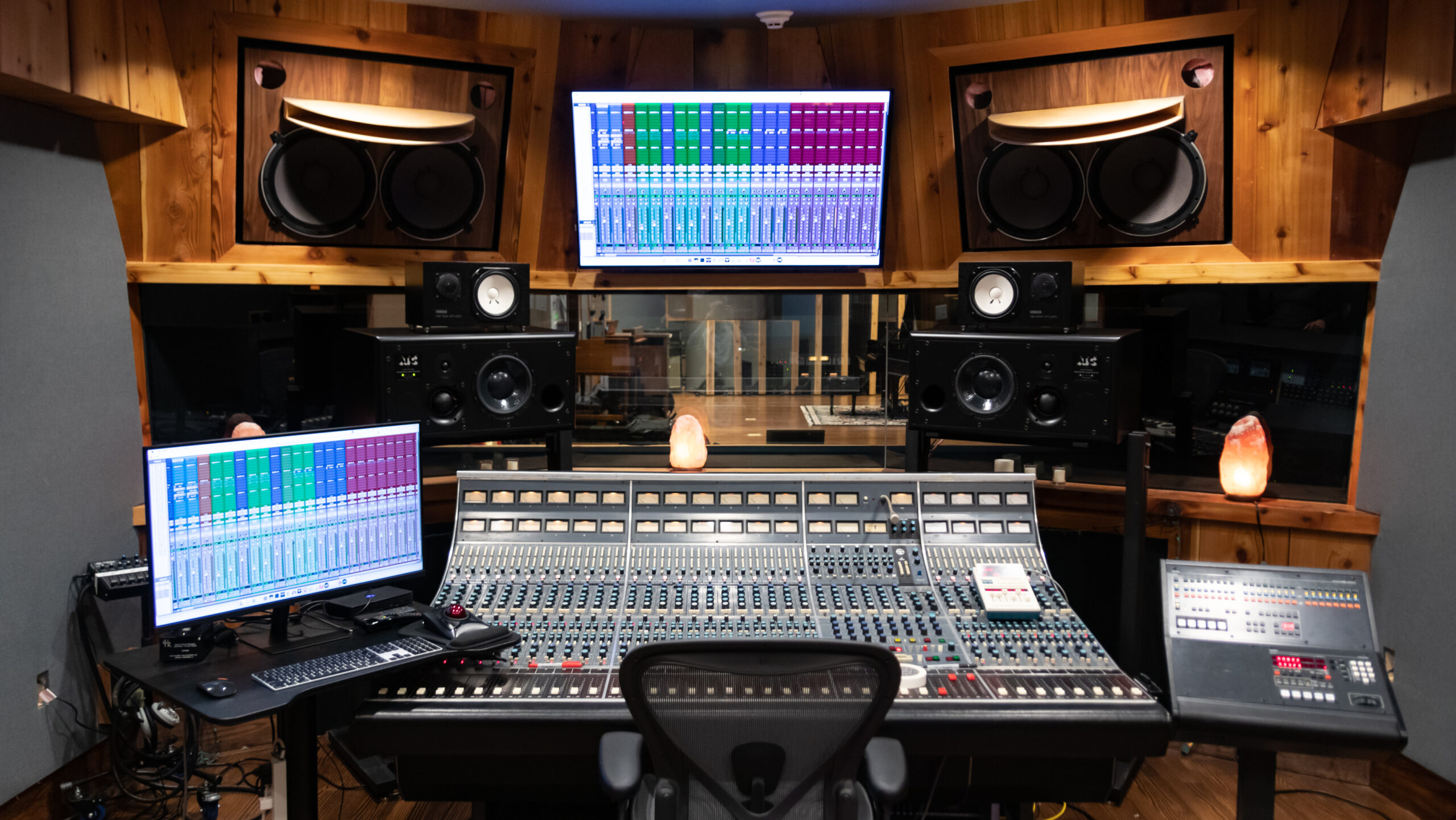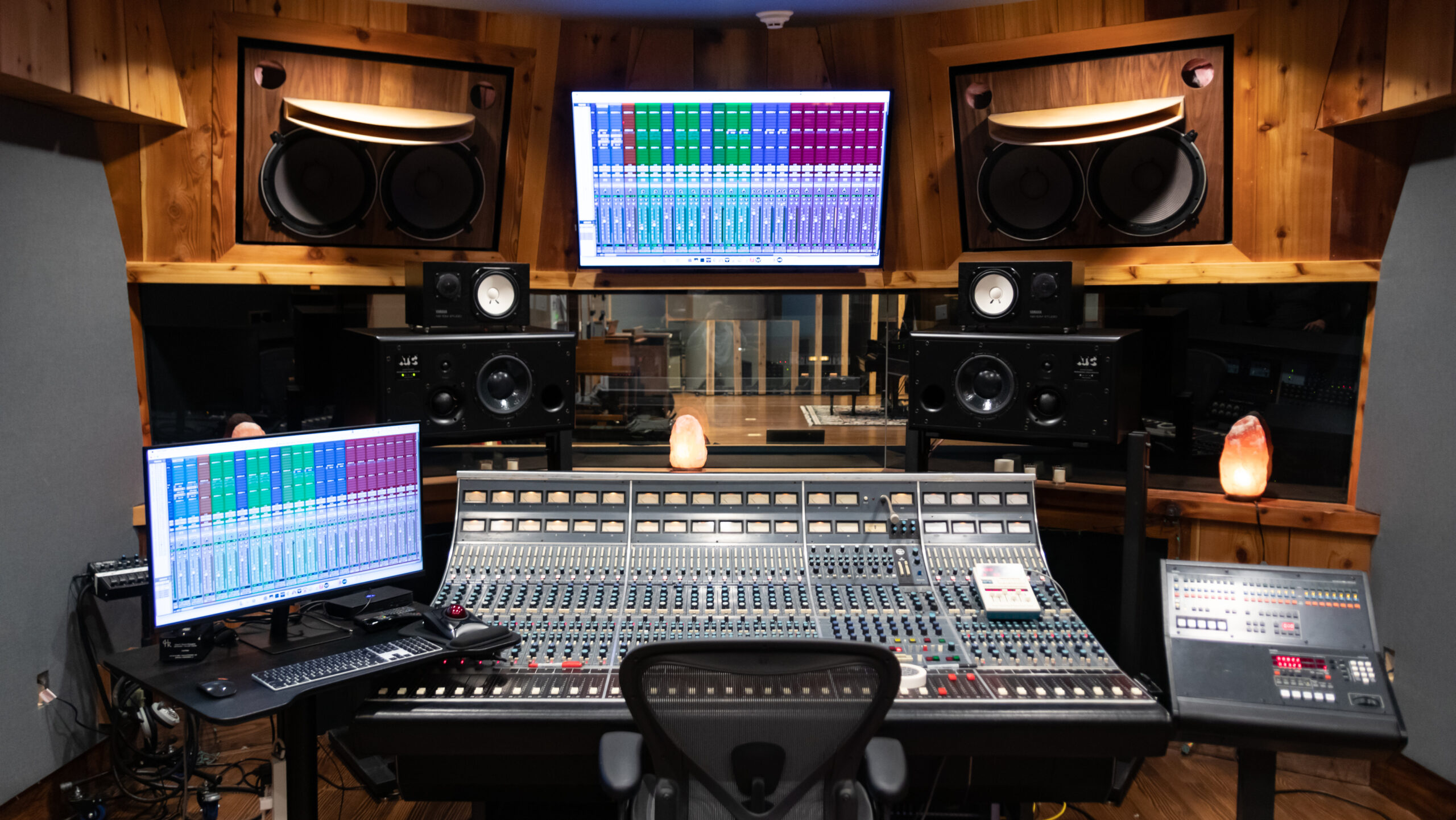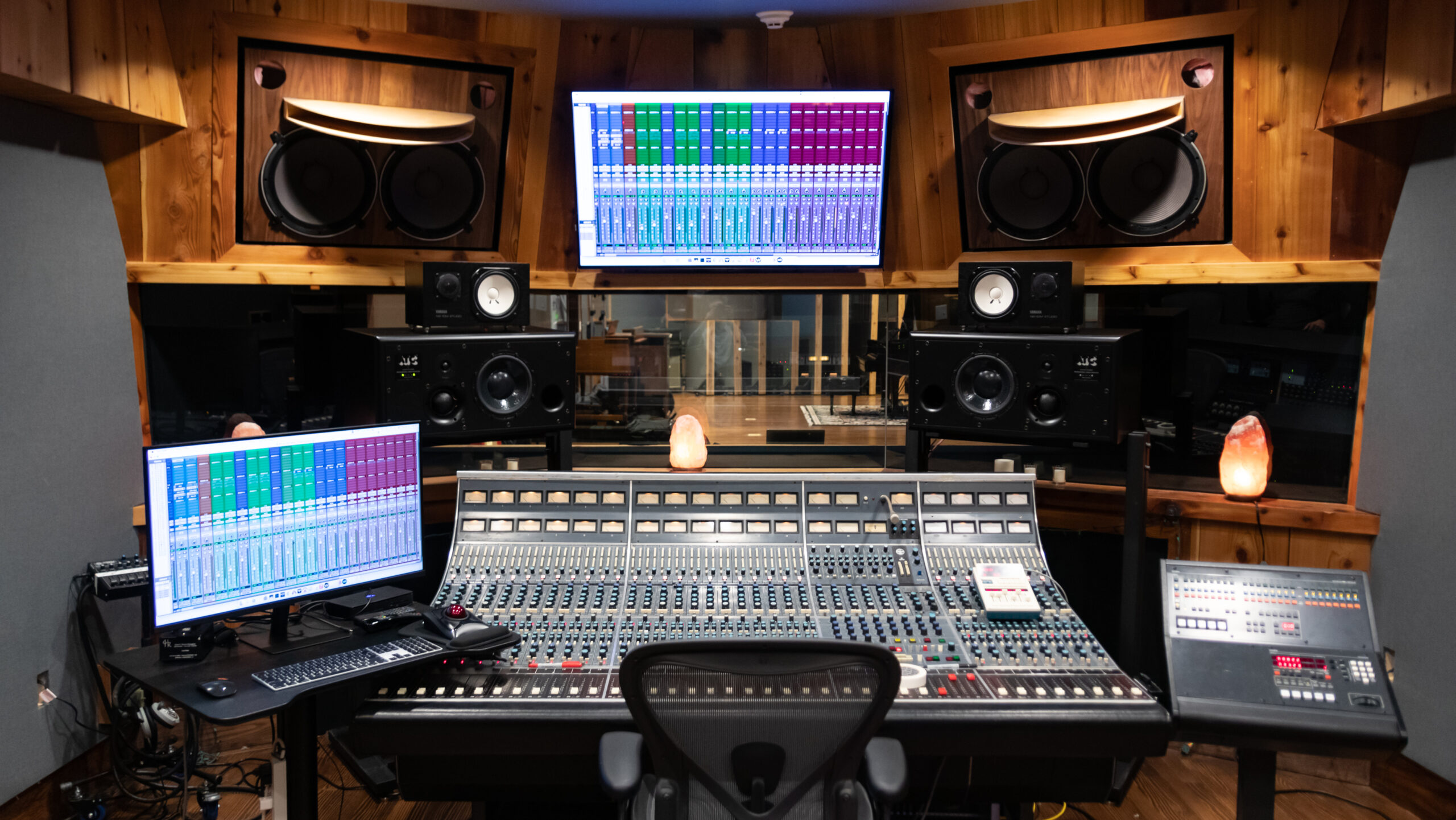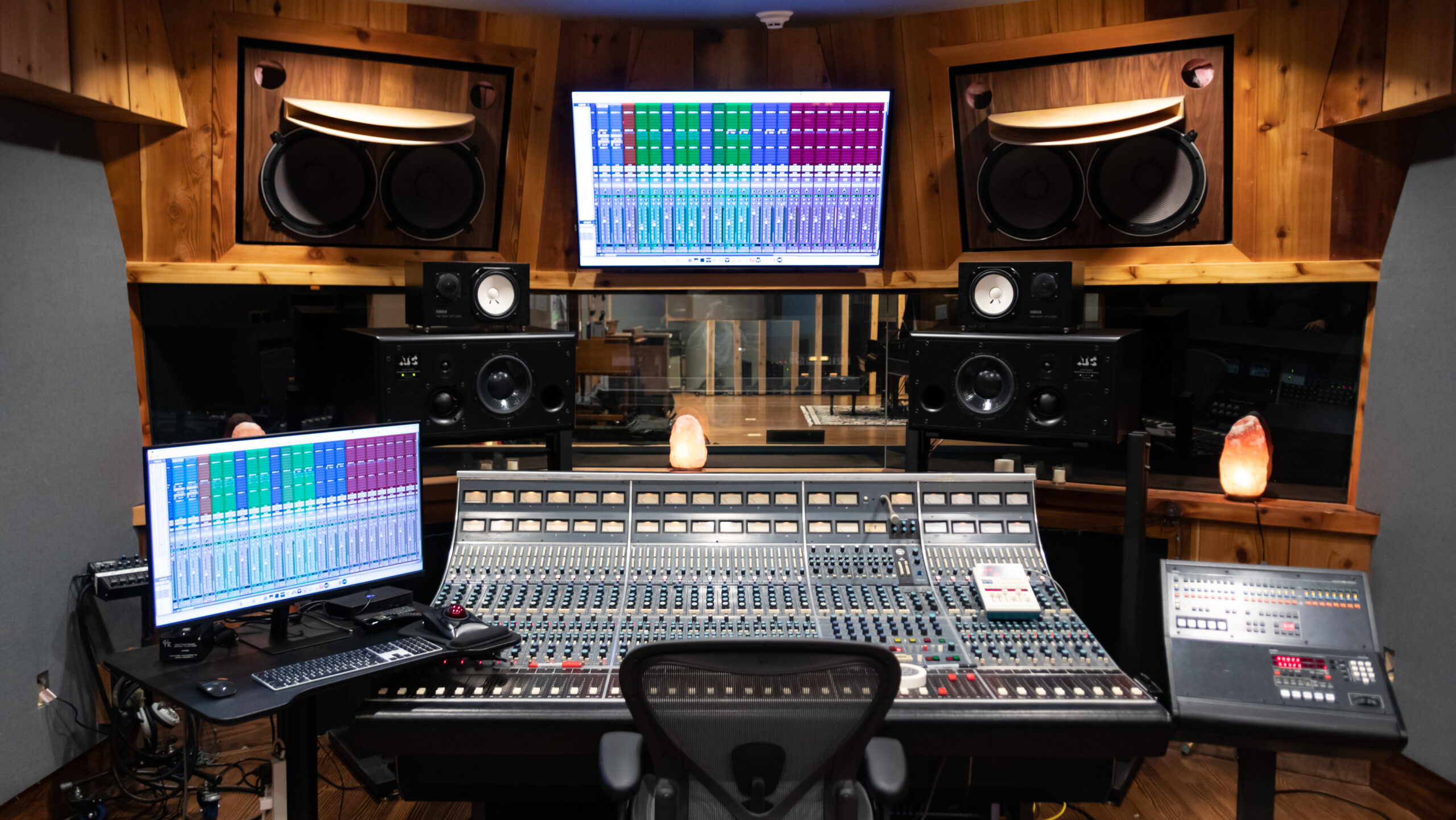The recording industry relies heavily on pristine…
Recording Studio Buildings Insurance: Protecting Your Creative Space and Investment
Recording studios represent significant investments in both property and specialized equipment, making comprehensive buildings insurance essential for studio owners and operators. Whether you're running a commercial recording facility, home studio, or mobile recording operation, understanding the unique insurance needs of recording studio buildings is crucial for protecting your business and creative assets.
Understanding Recording Studio Buildings Insurance
Recording studio buildings insurance is a specialized form of commercial property insurance designed to protect the physical structure and fixtures of recording facilities. This coverage goes beyond standard commercial property insurance to address the unique risks and requirements associated with recording studio operations, including acoustic treatments, specialized electrical systems, and the integration of high-value recording equipment.
The insurance typically covers the building structure itself, permanent fixtures, acoustic treatments, specialized wiring and electrical systems, HVAC modifications for sound control, and any permanent installations that form part of the building's recording infrastructure.
Key Coverage Areas for Recording Studio Buildings
Structural Protection
The foundation of recording studio buildings insurance covers the physical structure against fire, flood, storm damage, vandalism, and other perils. This includes walls, roofs, floors, windows, and doors, with particular attention to any structural modifications made for acoustic purposes.
Acoustic Treatments and Soundproofing
Professional recording studios invest heavily in acoustic treatments, soundproofing materials, and specialized construction features. Buildings insurance should cover foam panels, bass traps, diffusers, isolation booths, floating floors, double-wall construction, and specialized ceiling treatments.
Electrical and Technical Infrastructure
Recording studios require extensive electrical modifications including dedicated power supplies, grounding systems, specialized wiring for low noise, backup power systems, and technical equipment mounting systems. These permanent installations need specific coverage under buildings insurance.
HVAC and Environmental Systems
Climate control is crucial in recording environments, requiring specialized HVAC systems that operate quietly while maintaining optimal temperature and humidity. Coverage should include silent air conditioning systems, humidity control equipment, air filtration systems, and noise-dampening modifications.
Security Systems and Access Control
Many recording studios have integrated security systems including alarm systems, CCTV installations, access control systems, and specialized locking mechanisms. These permanent security features should be covered under buildings insurance.
Unique Risks Facing Recording Studio Buildings
Fire and Electrical Hazards
Recording studios face elevated fire risks due to extensive electrical equipment, multiple power sources, heat-generating equipment, and often older building conversions. The combination of high-value equipment and potential electrical overloads creates significant fire exposure.
Water Damage and Flooding
Water damage poses particular risks to recording studios, as even minor leaks can damage expensive acoustic treatments, electrical systems, and create humidity problems that affect equipment performance and building integrity.
Structural Modifications and Building Codes
Many recording studios operate in converted buildings that may not fully comply with current building codes. Modifications for acoustic purposes can sometimes compromise structural integrity or create compliance issues.
Theft and Break-ins
Recording studios are attractive targets for thieves due to valuable equipment, and building security becomes crucial. Damage from break-ins can affect both the building structure and integrated systems.
Acoustic Performance Degradation
Environmental factors, settling, or damage can compromise acoustic treatments and soundproofing, potentially requiring extensive remedial work to restore recording quality.
Factors Affecting Recording Studio Buildings Insurance Costs
Building Age and Construction Type
Newer purpose-built studios typically receive better rates than converted buildings. Construction materials, fire resistance, and structural integrity all impact premiums.
Location and Local Risks
Urban locations may face higher theft and vandalism risks, while rural locations might have limited emergency services. Flood zones, earthquake areas, and high-crime neighborhoods affect pricing.
Security Measures
Comprehensive security systems, including alarms, CCTV, access control, and monitoring services, can significantly reduce insurance costs through risk mitigation.
Fire Protection Systems
Sprinkler systems, fire alarms, smoke detection, and fire suppression systems designed for recording environments can lower premiums while providing essential protection.
Building Modifications and Compliance
Studios that maintain current building code compliance and use professional contractors for modifications typically receive better insurance terms.
Choosing the Right Insurance Provider
Specialized Experience
Look for insurers with specific experience in recording studio and entertainment industry risks. Generic commercial property insurers may not understand the unique exposures and requirements.
Coverage Flexibility
The best policies offer flexible coverage options that can be tailored to specific studio configurations, from home studios to large commercial facilities.
Claims Handling Expertise
Choose insurers with demonstrated expertise in handling complex recording studio claims, including understanding of acoustic requirements and specialized building features.
Risk Management Support
Leading insurers provide risk management guidance, helping studio owners identify and mitigate potential exposures before they result in losses.
Integration with Equipment Coverage
While buildings insurance covers the structure, it should integrate seamlessly with equipment and contents coverage to avoid gaps or overlaps in protection.
Risk Management Best Practices
Regular Building Inspections
Conduct regular inspections of structural elements, acoustic treatments, electrical systems, and HVAC equipment to identify potential issues before they become major problems.
Maintenance Programs
Implement comprehensive maintenance programs for all building systems, with particular attention to electrical safety, HVAC performance, and acoustic treatment condition.
Security Protocols
Establish robust security protocols including access control, alarm systems, and monitoring procedures to protect against theft and vandalism.
Fire Prevention Measures
Maintain strict fire prevention protocols including electrical safety checks, heat source management, and emergency response procedures.
Documentation and Inventory
Maintain detailed documentation of all building features, modifications, and improvements, including photographs, receipts, and professional certifications.
Working with Insurance Professionals
Specialized Brokers
Consider working with insurance brokers who specialize in entertainment industry risks and understand the unique requirements of recording studio operations.
Regular Policy Reviews
Conduct annual policy reviews to ensure coverage keeps pace with building improvements, equipment additions, and changing business needs.
Claims Preparation
Prepare for potential claims by maintaining detailed records, understanding policy procedures, and establishing relationships with specialized contractors and restoration services.
Professional Valuations
Obtain professional valuations of building improvements and specialized features to ensure adequate coverage limits and proper claims handling.
Compliance and Legal Considerations
Building Code Compliance
Maintain current building code compliance, particularly for fire safety, electrical systems, and accessibility requirements that may affect insurance coverage.
Professional Certifications
Use certified professionals for all building modifications and maintain documentation of professional work to support insurance coverage and claims.
Environmental Compliance
Ensure compliance with environmental regulations, particularly regarding soundproofing materials, HVAC systems, and waste disposal from building operations.
Zoning and Use Permits
Maintain proper zoning compliance and use permits, as violations can affect insurance coverage and claims payment.
Recording studio buildings insurance represents a critical investment in protecting your creative space and business assets. The specialized nature of recording facilities requires insurance coverage that goes beyond standard commercial property protection to address unique risks and requirements.
By understanding the specific coverage needs, working with experienced insurance professionals, and implementing comprehensive risk management practices, recording studio owners can ensure their buildings are properly protected against the wide range of potential exposures they face.
The investment in comprehensive buildings insurance provides peace of mind, allowing studio owners and operators to focus on their creative work while knowing their physical assets and business operations are properly protected against unforeseen events and losses.


 0330 127 2333
0330 127 2333
